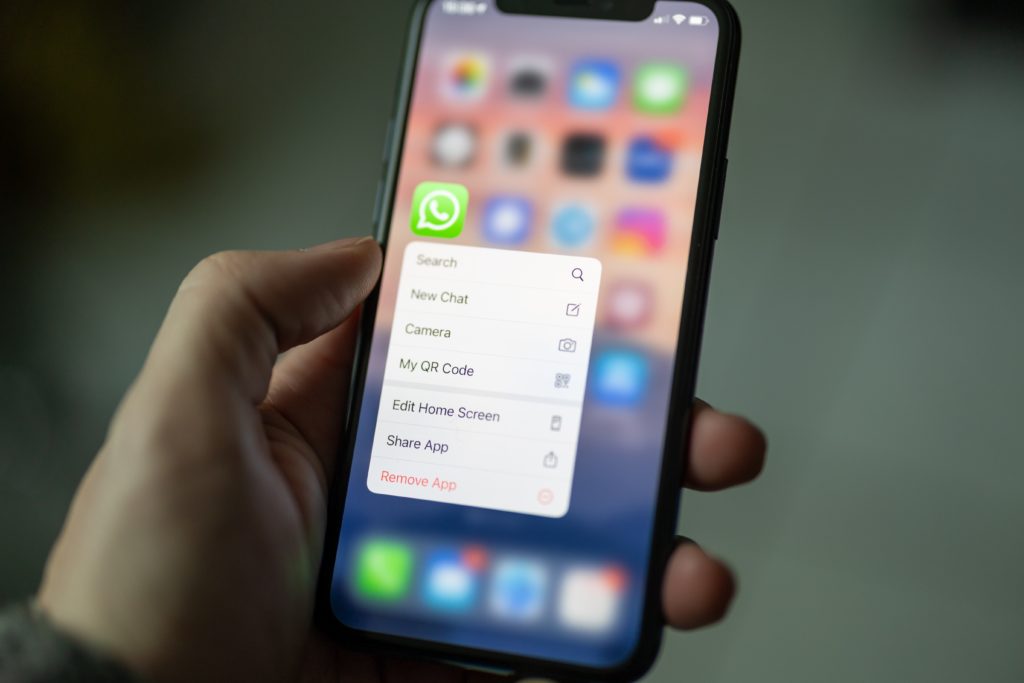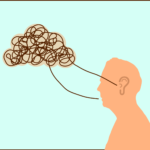
By Yvonne Milosevic
Today we’re bringing you a PSA about a pervasive problem plaguing us all. More than ever before, we’re suffering from the ill effects of time confetti on our hard-earned moments of leisure. While it sounds like a party, author Brigid Schulte, who coined the term, described time confetti as trying to do “Everything. All at once. All the time.”
It also happens when the blocks of free time we need to recharge get interrupted by a relentless influx of notifications. We’ve witnessed the creep of time confetti since the beginning of the smartphone era. But the pandemic has intensified the crisis as divisions between work and home life become blurred.
“We adopt mobile technologies to gain autonomy over when and how long we work,” says Ashley Whillans, a behavioral scientist and assistant professor of negotiations at Harvard Business School. “Yet, ironically, we end up working all the time.” Whillans’ latest book is called Time Smart, and she’s on a mission to help us become aware of when time confetti happens so we can get better at avoiding it.

Observe Time Confetti in Action
Here is how Whillans illustrates the concept of time confetti. Imagine that you have one hour to relax each day. Yet during that window, you receive four email notifications, a handful of text or Slack alerts, and one calendar alarm. Individually, these interruptions may not require a lengthy response. But they do snatch away your attention for several minutes when added up. And since they likely came scattered throughout those 60 minutes, Whillans points out that your “hour” to recharge has now become several smaller chunks that are only five or six minutes long.
“Each bit alone seems not very bad. Collectively, though, all that confetti adds up to something more pernicious than you might expect.” Ashley Whillans
At the end of the hour, you can’t help but feel cheated out of a proper mental break. “This situation taxes us cognitively,” Whillans explains in this piece for Behavioral Scientist. Plus, it “fragments our leisure time in a way that makes it hard to use this time for something that will relieve stress or make us happy.”
Take Back Control of Your Free Time

When our time “off” is fractured into several unenjoyable little bits, we feel stressed out and time-poor. If you’re ready to stop time confetti from eroding your free time, try these next steps.
Become intentional with your breaks
Like most of us, you’re probably scrolling through Twitter, Insta, or Tik Tok whenever you have downtime. Instead, opt for a proper pause that allows you to regroup and refresh (a break to play Wordle is allowed). Go for a walk around the block, have a healthy snack, listen to a podcast, or read a book. Slowing down to notice your surroundings will help you feel connected to the present.
Set boundaries
Since communication interruptions are a common culprit of time confetti, setting boundaries can limit their intrusion. For instance, you could resolve to check email only at set moments each day. If you just checked your inbox at 9 a.m., noon, and 4 p.m., imagine how much time you would save.
Nir Eyal, Stanford MBA and author of Indistractible, has a simple solution for anyone struggling to avoid the siren’s call of app notifications, especially those from group chats. Instead of responding as messages come through, schedule a block of time to catch up on the conversation.

Likewise, you can create white space in your calendar each week for deep thinking or focused work. Make sure to stick to it, and that other people also respect that sacred time commitment. It’s okay not to be available 24/7.
Or…just put away your phone
Studies show that the mere presence of a phone nearby distracts us, something known as the phone proximity effect. If you want to ensure that your leisure time remains interruption-free, get as far away from your phone as possible. You can find heaps of inspiration in Tiffany Shlain’s weekly tech Shabbat. She says going completely unplugged for one day a week is like hitting the reset button for your mind, body, and heart.
“We all have the power to overcome the time traps we have fallen victim to,” Whillans says. By becoming more conscious about potential time confetti, we can increase our happiness and enjoy those leisure moments in ways that genuinely recharge us.


